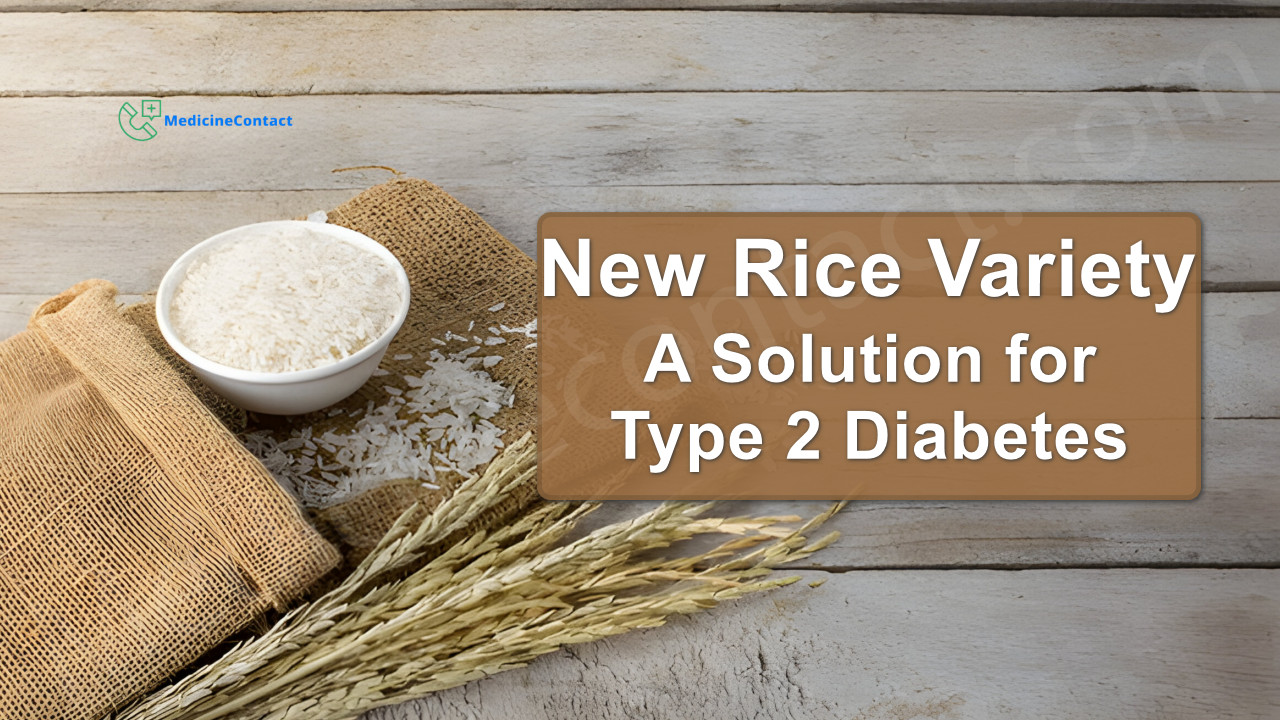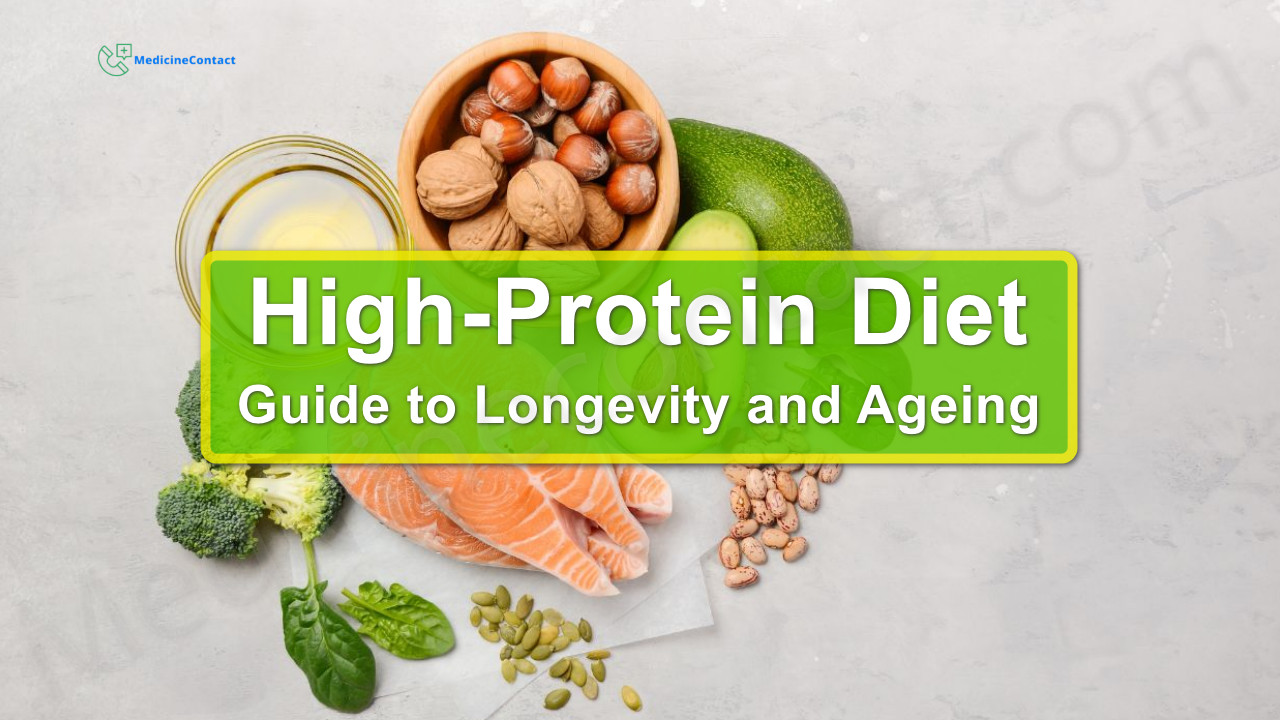
Exploring the Riddle 'What's Always Running and Never Gets Hot?'
This intriguing riddle evokes imagery of movement and heat while hinting at a surprising answer. Solving riddles exercises critical thinking, builds listening skills, and brings joyful excitement. Let's break down this riddle to uncover the meaning of something always running yet never getting hot.
Examining the Riddle's Clues
The question contains two central clues that point toward the answer:
- "Always running" implies continuous movement, a perpetual state of motion.
- "Never gets hot" suggests this thing does not give off or retain heat despite its constant activity.
We can infer that the answer is something dynamic and busy that operates without generating warmth. Thinking through different objects or concepts that exhibit these properties can lead us to the solution.
Possibilities: What's Always on the Move?
When we hear "always running," several possibilities come to mind. Here are some guesses for things that involve constant motion:
- A river
- Wheels on a vehicle
- Wind
- A clock
- A machine
- Electrons in a wire
- Planets orbiting the sun
All these options do suggest perpetual movement. A river continuously flows, wheels always turn, the wind never stops blowing. But are they always running without getting hot?
Assessing Which Possibility Stays Cool
Now we must consider the second clue about never getting hot. Which of our running candidates do not emit heat?
- A river does not really get hot from its own motion.
- Spinning wheels generate heat from friction.
- Wind can warm up on hot days.
- Clock motors produce some heat when running.
- Machines often release heat as they operate.
- Electrons emit heat as they flow through wires.
- Orbiting planets absorb solar heat.
By process of elimination focusing on the "never gets hot" part, we can rule out most of these options. The remaining contender that runs perpetually without warming up is a river.
Properties of a River
Let's examine some key traits of rivers that allow them to fulfill the criteria of being always running but never getting hot:
- Rivers flow constantly downhill due to gravity, providing endless motion.
- The water temperature remains relatively stable, resisting heat gain.
- Flow keeps the water aerated, stopping it from trapping warmth.
- Water's high heat capacity means it does not warm up easily.
- Evaporation helps regulate river temperature as heat escapes.
A river meets the definition of the riddle by remaining in perpetual movement as water flows downstream, yet does not significantly warm up from the act of running itself. The riddle reminds us how rivers boast these special thermodynamic properties.
Digging Deeper: Literary and Metaphorical Meanings
Beyond the literal reading, this riddle's imagery also evokes deeper symbolic interpretations. The idea of something eternally in motion without warming up could represent:
- Time - Constantly marches on impassively.
- Life - Moves inexorably forward without pause.
- Change - Remains a fixed reality, unaffected by heat or cold.
In literature, rivers themselves often symbolize the passage of time, the flow of life, the current of destiny. This riddle about a river may urge reflection on how we choose to ride the waters of our lives.
Riddles as Teaching Tools
Riddles like this one about running without heat have value as educational devices. Solving them can:
- Build critical thinking and logic skills
- Increase general knowledge
- Enhance listening and interpretation abilities
- Develop vocabulary and verbal fluency
- Boost memory and concentration
- Spark creativity and imagination
Riddles are brain teasers that require deductive reasoning, attention to details, and flexibility in exploring different perspectives. Wrestling with a riddle's clues engages the mind and unlocks new understanding.
The Joy of Aha Moments
Figuring out a riddle produces a surge of pleasure from the sudden "aha moment" of discovery. Solving any puzzle activates the brain's reward system, releasing dopamine that makes us feel happy and accomplished. The payoff from piecing together a riddle's hints creates a thrilling eureka experience.
Riddles provide healthy exercise for the mind while delivering feelings of satisfaction. The insights gained from slowly untangling a riddle's web of clues leaves a gratifying impression. We delight in the aptness of a riddle's twist when its meaning snaps into place.
Conclusion
This exploration of the question "What's always running but never gets hot?" has taken us on a journey beyond a simple river answer. We've seen how riddles can enrich perspective, build reasoning abilities, and spark insight. A good riddle engages the intellect, conjures imagination, and rewards effort with bright flashes of discovery. Solving a clever riddle is cause for celebration and an invitation to keep exploring the joy of unexpected ideas.
FAQs
What is the answer to the "always running never hot" riddle?
The answer is a river. Rivers flow continuously downhill but do not heat up significantly from their own motion.Why do rivers stay cool as they run?
Factors like water's high heat capacity, evaporation cooling, gravity-driven flow, and aeration prevent rivers from warming up as they move.What other possible answers were considered for the riddle?
Other guesses included wheels, wind, clocks, machines, electrons, and orbiting planets before assessing they do not stay cool.What makes riddles good for the mind?
Riddles build skills like critical thinking, logic, vocabulary, concentration, creativity, and metaphorical thinking. Untangling a riddle's clues gives a sense of accomplishment.What is the deeper meaning of the "always running never hot" riddle?
Beyond rivers, the imagery symbolically evokes the passage of time, flow of life, nature of change - constantly in motion, unaltered by heat or cold.Disclaimer: This article is for informational purposes only and does not constitute medical advice. Always consult with a healthcare professional before starting any new treatment regimen.




